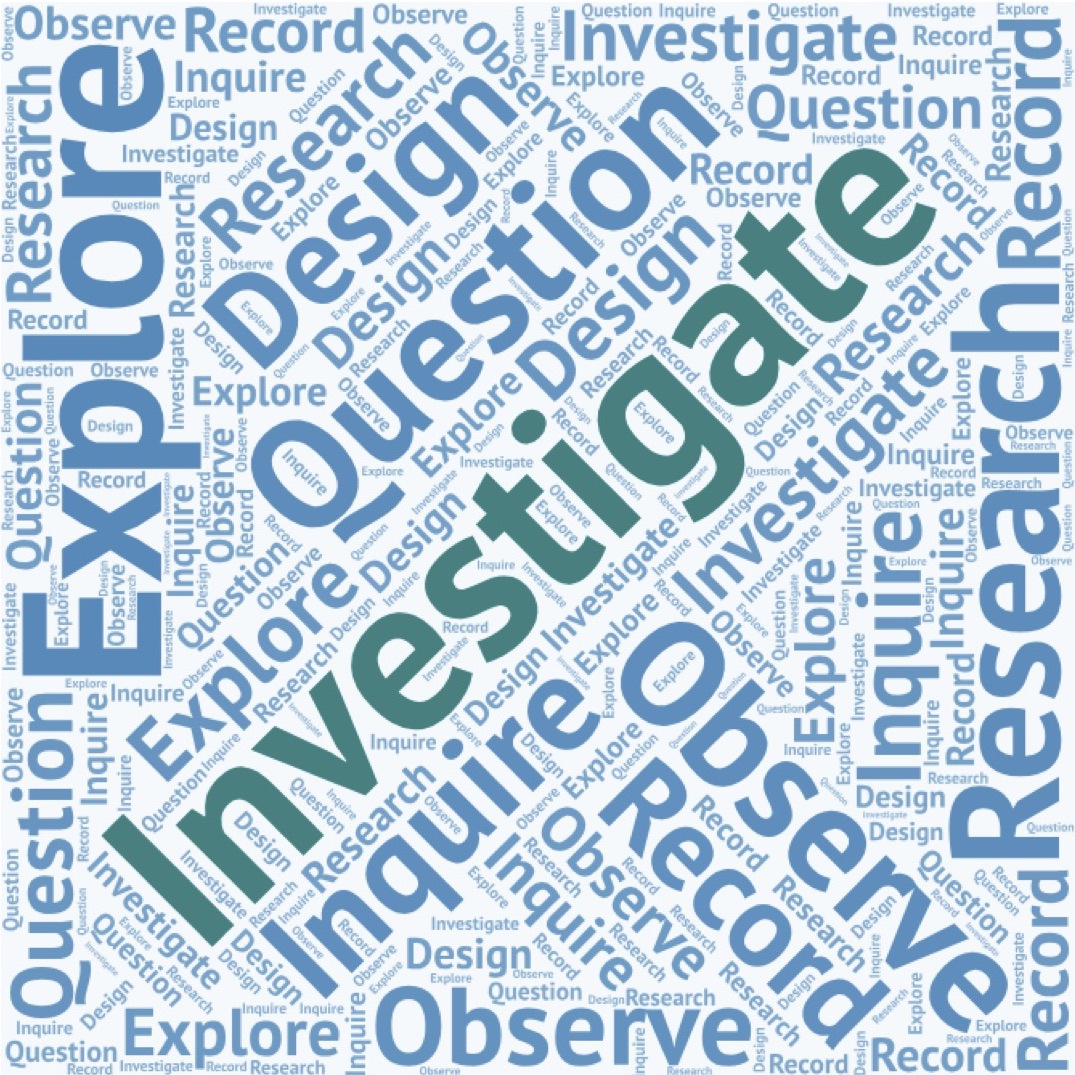Mentor Roadmaps - Doing Investigations
Stay the Course, Anticipate Tweaks and New Ideas

Much of science is perseverance and attention to detail. Compared to the creative thinking to develop a question and the critical thinking and problem solving to design a research plan to answer it, collecting data can sometimes feel a little tedious.
When data collection gets underway, posting by student teams may become less frequent as students are unsure what to talk about during this phase. Conversations about tweaks to protocols and trouble-shooting, however, can be lively when students experience problems with their plans.
New ideas may dawn on students after they better understand the system after a period of observing and measuring. They may want to begin recording data on something new that they didn’t notice before.
Potential sources of error may now be more evident to them. As one PlantingScience teacher remarked:
“One of the major things that students need to cognizant of is how important it is for them to follow lab protocols and procedures as closely as possible. Not planting seeds exactly like other students, forgetting to water the plants, not counting hairs, leaves, pods, seeds accurately, not counting hairs properly, etc. My students automatically assumed that there was a wide margin of error built into the labs (much like the regular labs they do in science).”
Many students in both middle and high school have an aversion to repeating things or starting over. As these are often unavoidable aspects of real science, you may need to be transparent about that fact, try to bring in your own personal experience with those aspects of science, and explain the benefits while reassuring them that starting over is not failure.
See the Student Doing Investigations and Teacher Doing Investigations resources for more details on this stage.
Tips for Mentors
- Encourage students to remain open to new ideas that might emerge during their investigation.
- Ask students to evaluate any changes to protocols. Help them determine when it is possible to include new data sources to answer their question. They may not see how changes to their research design in mid stream affect the ability to answer the question originally posed.
- Ask students to describe if they notice changes in their skills collecting data and using the tools of science as their practice with it develops.